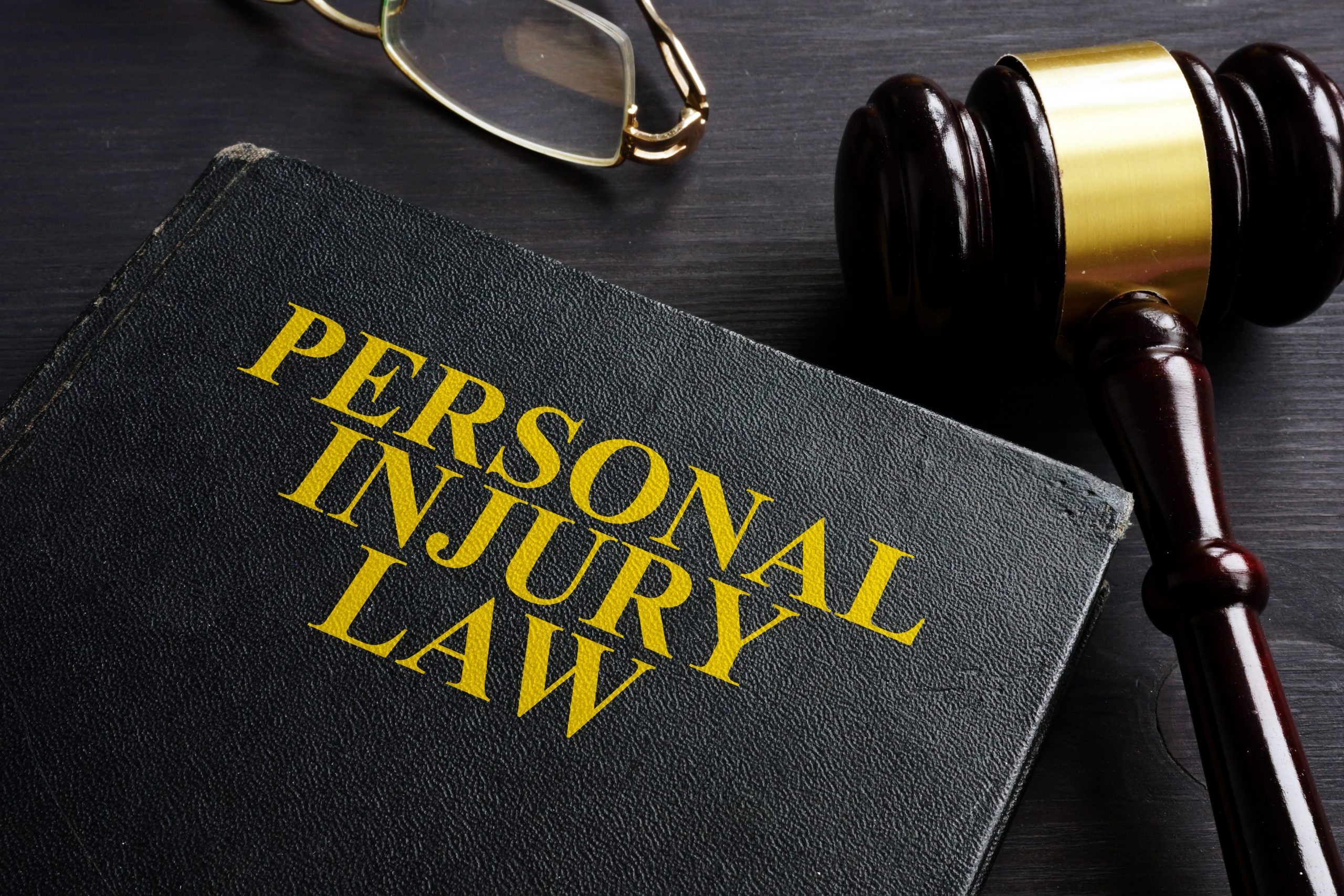Now Reading: Understanding Brain Injury Claims
-
01
Understanding Brain Injury Claims

Understanding Brain Injury Claims
Brain injuries can have severe and lasting impacts on individuals and their families. If you or a loved one has suffered a brain injury, you may be entitled to compensation for your damages. This article aims to provide an overview of brain injury claims, including what constitutes a brain injury, the types of brain injuries, and the legal process involved in making a claim.
What Is a Brain Injury?
A brain injury is any injury that causes damage to the brain, either through trauma or disease. Traumatic brain injuries (TBI) are caused by an external force, such as a blow to the head, while acquired brain injuries (ABI) are caused by internal factors, such as lack of oxygen or a stroke. TBIs and ABIs can range from mild to severe and can cause a variety of symptoms, including physical, cognitive, and emotional impairments.
Types of Brain Injuries
There are several different types of brain injuries, each with its own set of symptoms and potential long-term effects.
- Concussions: Concussions are the most common type of TBI and are often caused by a blow to the head. Symptoms can include headaches, dizziness, nausea, and confusion.
- Contusions: Contusions are bruises on the brain and are often caused by a direct impact to the head. Symptoms can include loss of consciousness, memory loss, and seizures.
- Penetrating Injuries: Penetrating injuries occur when an object enters the skull and damages the brain tissue. Symptoms can vary depending on the severity and location of the injury.
- Anoxic Brain Injuries: Anoxic brain injuries are caused by a lack of oxygen to the brain and can result in permanent brain damage. Symptoms can include memory loss, difficulty speaking, and changes in behavior.
- Hypoxic Brain Injuries: Hypoxic brain injuries occur when the brain receives an insufficient amount of oxygen. Symptoms can include confusion, memory loss, and difficulty with movement.
Legal Process for Brain Injury Claims
If you or a loved one has suffered a brain injury, you may be entitled to compensation for your damages. The legal process for making a brain injury claim can be complex, so it’s important to consult with an experienced personal injury lawyer to guide you through the process.
Here are the steps involved in making a brain injury claim:
- Consult with a Lawyer: The first step in making a brain injury claim is to consult with a personal injury lawyer. Your lawyer will be able to assess your case and determine if you have a valid claim.
- Investigation: Your lawyer will conduct an investigation to gather evidence, including medical records, witness statements, and expert opinions.
- Filing a Claim: Once the investigation is complete, your lawyer will file a claim with the responsible party’s insurance company. This can be a complex process, and your lawyer will handle all of the negotiations with the insurance company.
- Settlement Negotiations: Your lawyer will negotiate with the insurance company to reach a fair settlement for your damages. This can include compensation for medical expenses, lost wages, and pain and suffering.
- Trial: If a settlement cannot be reached, your case may go to trial. Your lawyer will represent you in court and present your case to a judge or jury.
What Damages Can You Recover in a Brain Injury Claim?
In a brain injury claim, you may be entitled to compensation for a variety of damages, including:
- Medical Expenses: You can recover compensation for all medical expenses related to your brain injury, including hospital bills, rehabilitation costs, and ongoing medical care.
- Lost Wages: If your brain injury has prevented you from working, you can recover compensation for your lost wages.
- Pain and Suffering: You may be entitled to compensation for the physical and emotional pain and suffering caused by your brain injury.
- Loss of Enjoyment of Life: If your brain injury has affected your ability to enjoy life or participate in activities you previously enjoyed, you may be entitled to compensation.
- Loss of Consortium: If your brain injury has affected your relationship with your spouse or partner, they may be entitled to compensation for loss of companionship and support.
It’s important to work with an experienced personal injury lawyer who can help you accurately calculate the full extent of your damages and ensure that you receive the compensation you are entitled to.
Statute of Limitations for Brain Injury Claims
In most states, there is a statute of limitations for personal injury claims, including brain injury claims. The statute of limitations is a deadline for filing a claim, and if you miss the deadline, you may lose your right to compensation.
The statute of limitations varies by state, but it’s generally two to three years from the date of the injury. However, there are exceptions to this rule, so it’s important to consult with an experienced personal injury lawyer as soon as possible to ensure that you do not miss any important deadlines.
In addition to the statute of limitations, there may also be other deadlines and requirements that must be met to file a brain injury claim, such as notifying the responsible party or their insurance company within a certain timeframe.
Get the Help You Need Today
Brain injuries can have serious and long-lasting effects on individuals and their families. If you or a loved one has suffered a brain injury, it’s important to understand your legal rights and options for compensation. Working with an experienced personal injury lawyer can help ensure that you receive the compensation you are entitled to for your damages, including medical expenses, lost wages, and pain and suffering.
Don’t hesitate to seek legal help if you or a loved one has suffered a brain injury. Call a brain injury lawyer today.

With a BA in communications and paralegal experience, Irma C. Dengler decided to make the best of her writing skills. She decided to turn complicated legal matters into something more palatable for the masses. Therefore, Irma became a law communicator who writes about everyday problems so everyone can understand them and take the appropriate action. She specialized in personal injury cases, as they are more common than anyone thinks, but her areas of expertise also include civil law, criminal law, insurance-related issues, and more.










